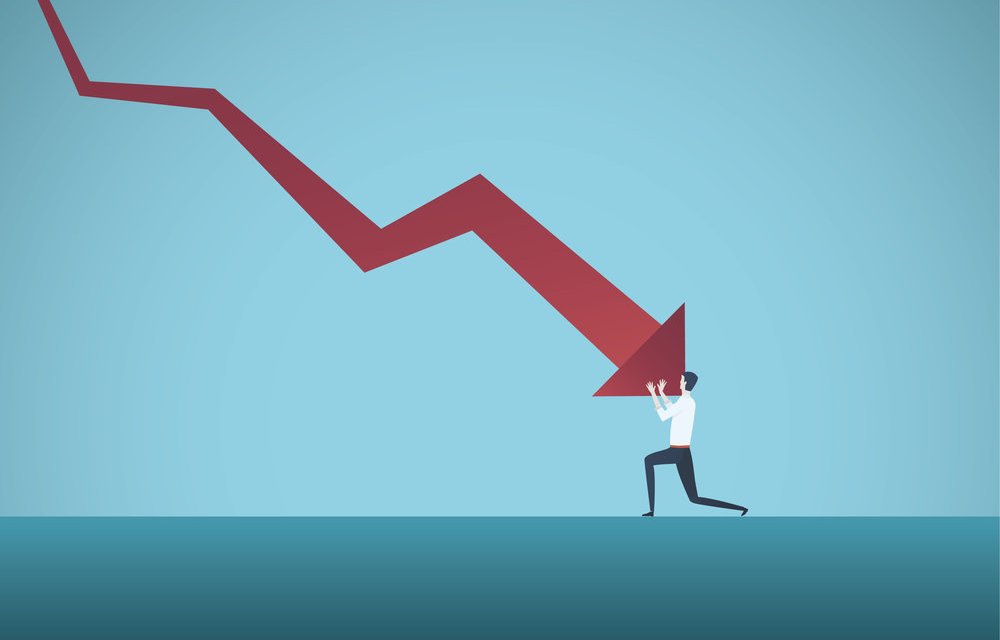What Happens If Your Business Fails
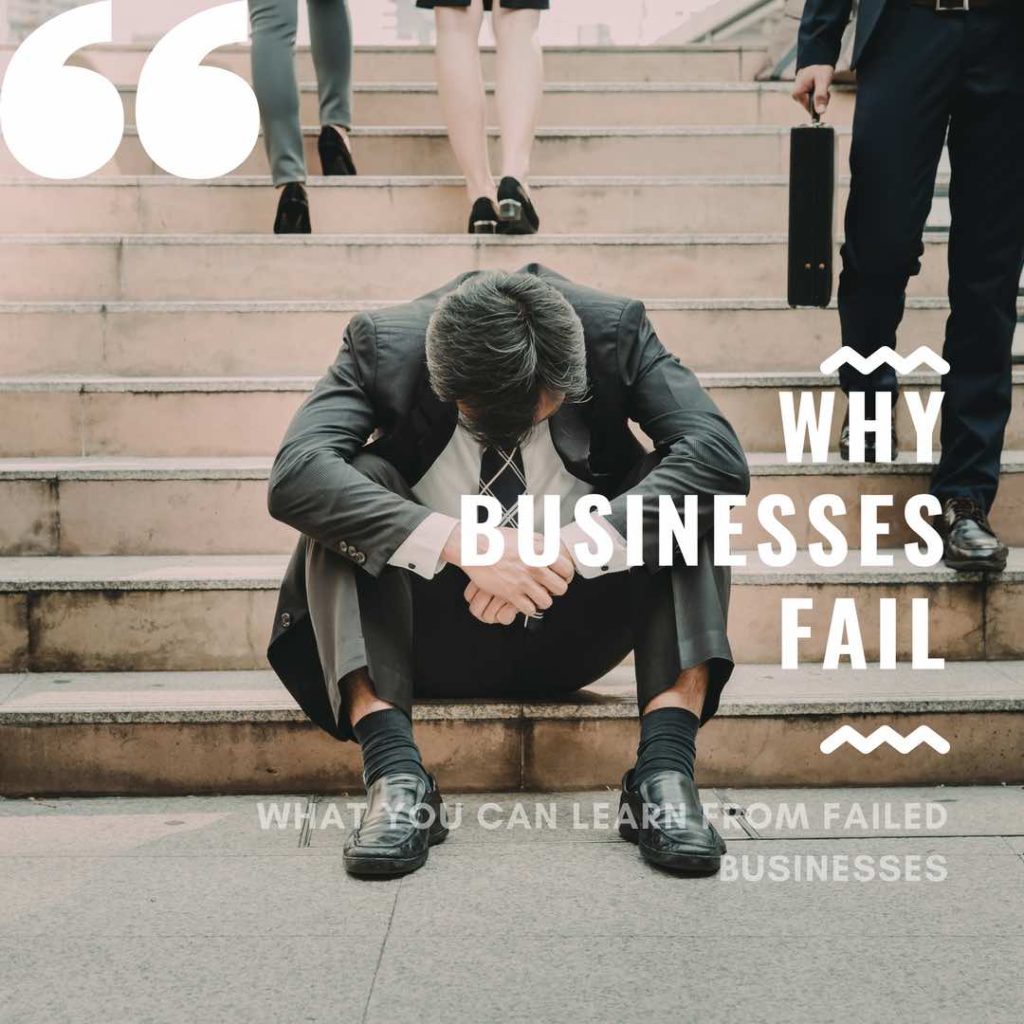
The entrepreneurial dream, fraught with challenges and uncertainties, sometimes culminates in a harsh reality: business failure. While countless success stories dominate headlines, the less glamorous narrative of shuttered doors and extinguished ambitions affects a significant portion of the business landscape. Understanding the ramifications of this failure is crucial, not just for those directly impacted, but for anyone considering the entrepreneurial path.
This article delves into the multifaceted consequences of business failure, examining the legal, financial, and emotional toll it exacts on entrepreneurs, employees, and creditors. We will explore the immediate actions required, the potential for rebuilding, and the lessons learned from navigating such a difficult period. Understanding these consequences is paramount for entrepreneurs to make informed decisions and mitigate potential risks.
The Legal and Financial Fallout
The initial stages of business failure often involve navigating a complex web of legal and financial obligations. Depending on the business structure (sole proprietorship, partnership, LLC, corporation), the entrepreneur's personal liability varies significantly. A sole proprietorship, for instance, exposes the owner's personal assets to business debts, while a corporation offers some degree of protection.
Filing for bankruptcy, either Chapter 7 (liquidation) or Chapter 11 (reorganization), is a common recourse. Chapter 7 involves selling off assets to pay creditors, while Chapter 11 allows the business to restructure its debts and continue operating under a court-approved plan. The Small Business Administration (SBA) offers resources and guidance on navigating these processes.
Outstanding debts, including loans, unpaid bills, and taxes, become critical concerns. Creditors may pursue legal action to recover their dues, potentially leading to judgments and wage garnishments. Tax implications also arise, as forgiven debt may be considered taxable income. Careful financial planning and consultation with legal and financial professionals are essential during this phase.
Impact on Employees and Creditors
The repercussions of business failure extend beyond the entrepreneur, significantly impacting employees and creditors. Employees face job losses, often unexpectedly, creating financial hardship and emotional distress. Unemployment benefits can provide temporary relief, but finding new employment can be challenging, especially in a competitive market.
Creditors, including suppliers, lenders, and landlords, suffer financial losses when a business defaults on its obligations. The amount they recover depends on the business's assets and the priority of their claims in bankruptcy proceedings. Small businesses that rely on timely payments from larger companies are particularly vulnerable to the ripple effects of business failures.
The Fair Labor Standards Act (FLSA) governs wage payments, ensuring that employees receive all earned wages, including overtime, even in cases of business closure. Providing employees with clear communication and support during this transition is crucial, as it can mitigate some of the negative impact.
The Emotional Toll on Entrepreneurs
Beyond the legal and financial ramifications, business failure carries a significant emotional burden for entrepreneurs. Feelings of shame, guilt, and depression are common, as the entrepreneur grapples with the loss of their dream and the impact on their personal identity. The stigma associated with failure can further exacerbate these feelings.
The pressure to succeed and the long hours dedicated to the business often lead to burnout and strained relationships. Business failure can amplify these pre-existing issues, leading to further emotional distress. Seeking support from therapists, counselors, and support groups is vital for entrepreneurs to process their emotions and rebuild their confidence.
Resilience is key to navigating this difficult period. Viewing failure as a learning opportunity and focusing on personal growth can help entrepreneurs bounce back stronger and more determined.
Rebuilding and Moving Forward
While business failure is undoubtedly a setback, it doesn't necessarily mark the end of an entrepreneurial career. Many successful entrepreneurs have experienced failures along the way, using those experiences as valuable lessons. Analyzing the reasons for the failure is crucial for avoiding similar mistakes in the future. Was it poor market research, inadequate funding, or ineffective management?
Starting a new venture requires careful planning and a realistic assessment of the market. Seeking mentorship from experienced entrepreneurs and leveraging available resources, such as those offered by the SBA and SCORE, can increase the chances of success. Learning from past mistakes and adapting to changing market conditions are essential for long-term viability.
The experience of business failure can be incredibly valuable, fostering resilience, adaptability, and a deeper understanding of the entrepreneurial landscape. While the immediate aftermath is undoubtedly challenging, it can ultimately lead to greater success in the long run. Don't be afraid to fail.
Ultimately, while the prospect of business failure is daunting, understanding its potential consequences and preparing for such an eventuality is a crucial aspect of responsible entrepreneurship. By focusing on risk mitigation, financial prudence, and personal well-being, entrepreneurs can navigate the inherent uncertainties of the business world with greater confidence and resilience.





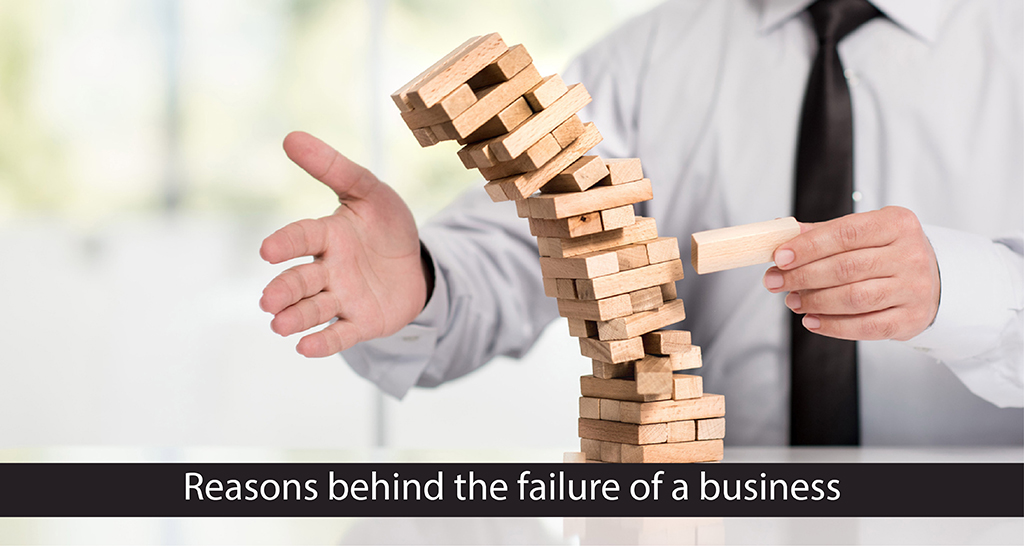


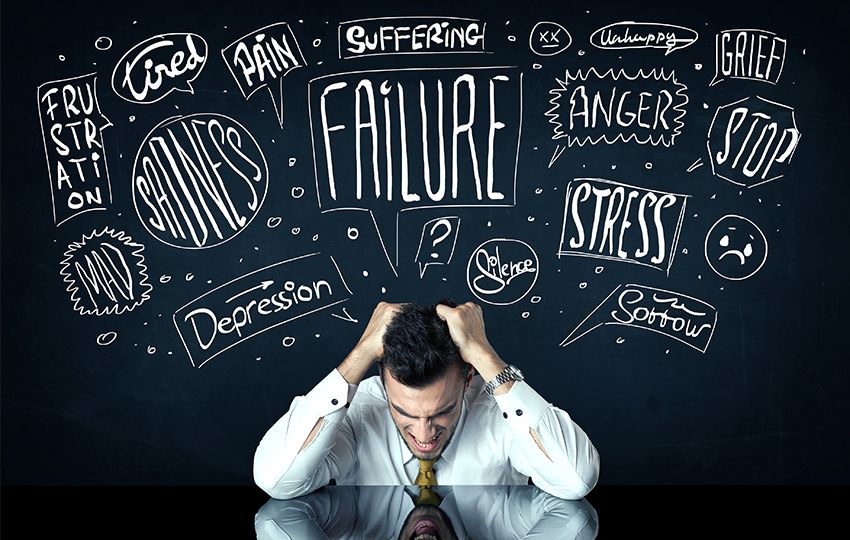
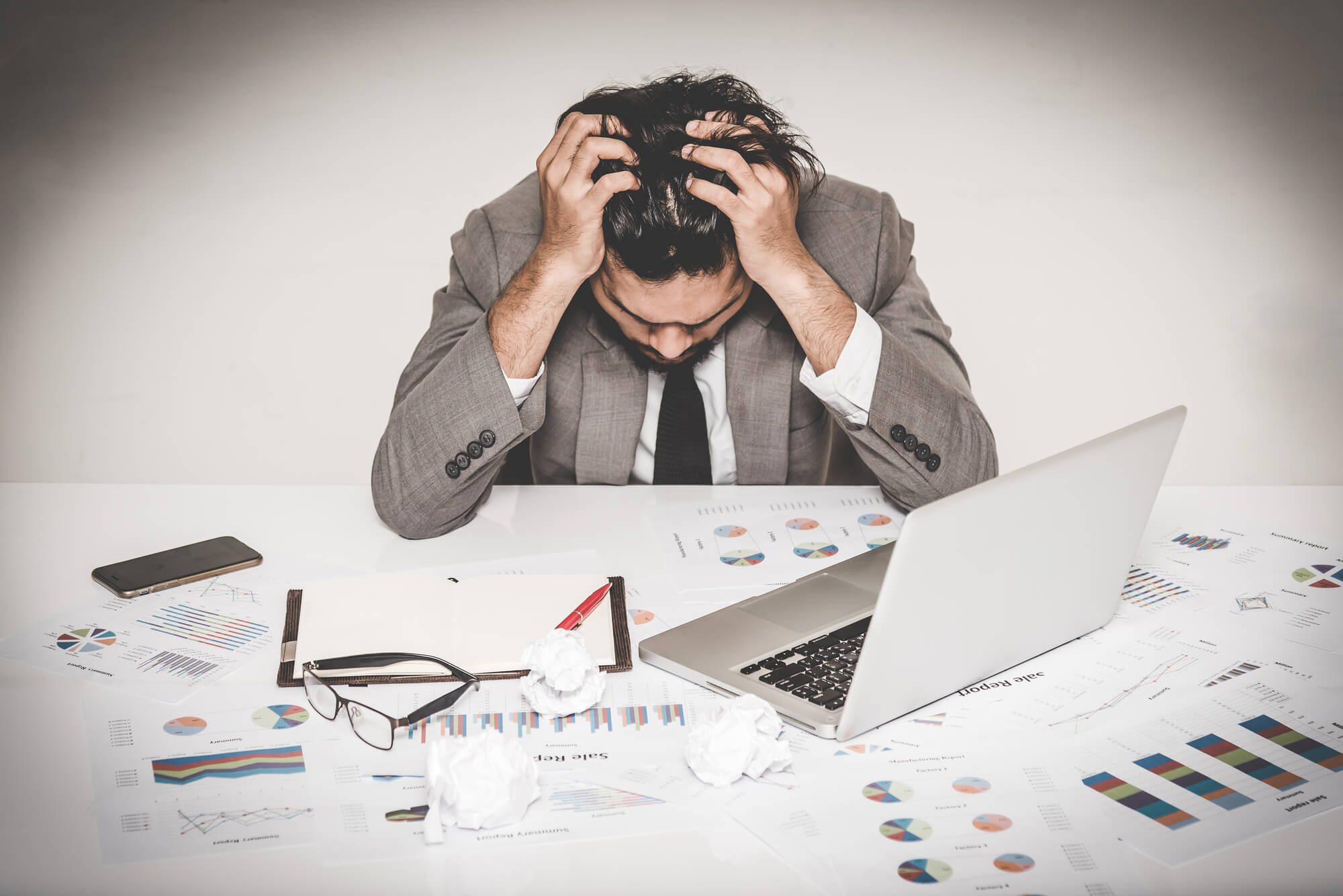


.jpg)



